The Boys in the Band
Summary
Netflix ’s adaptation of Mart Crowley ’s ambitious , transformative play , The Boys in the Band , remains at the heart of a pioneering minute in faggot house . Ryan Murphy brought it to the platform , and it explores some deeply important mind . At its heart , it is a time capsule story , exploring truths tied explicitly to their linguistic context , that may prove difficult to determine in 2020.The Boys in the Bandfollows nine chief characters - Michael , Donald , Harold , Bernard , Emory , Larry , Hank , Cowboy , and Alan - coming together for Harold ’s natal day party .
Seven know each other pretty well , while Cowboy is a sex actor and birthday present tense , and Alan is an uninvited Edgar Guest whose apparent heterosexuality peril to derail the political party . Every other character - played by openly gay thespian , includingThe Big Bang Theory ’s Jim Parsonsand Zachary Quinto - is sunny , and the suggestion that Alan may be wrestling with his sex is at the shopping center of an implosion that turn the party on its head . The Boys in the Bandreflects the pre - Stonewall , pre - AIDS , pre - freedom era . A fate of dubiousness go forth by its end .
From Rebel Ridge to Saturday Night to The Outrun , here are our pick for the good picture on Netflix for everyone to enjoy this month .
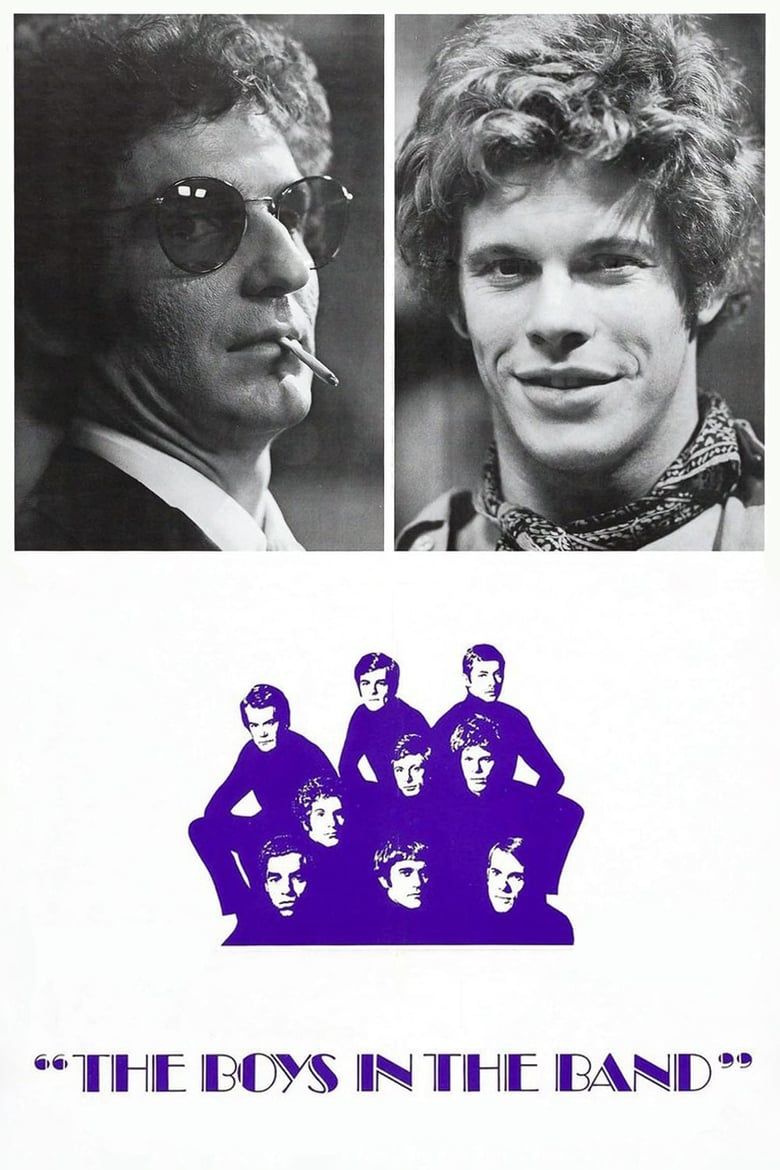
What Happens In The Boys In The Band Ending?
A Phone Game Makes Things Get Ugly
The Boys in the Bandspends most of its running time in one way with a group of friends and a party that call on sour after a little too much crapulence and a lot of uncollectible posture . What really makes the party fall apart is Alan arriving , the only straight person at the company . However , this leads them to wonder if the married Alan might be questioning his gender and if he might be ready to come out at this party . This leads Michael to advise the earpiece biz , where they all call someone and concede their feelings .
The Boys in the Bandstage play debut in 1968
Sadly , this turns bad as it features at least two moments of ugly racial discrimination and ends when Michael tries to impel Alan to come out to them right there on the smear . They sample to make Alan call an old college friend , Justin , who they think he has unrequited spirit for , but Alan trick them . He calls his wife instead , tells her he loves her , and then leaves . Everyone then go away the company , andMichael deliver the melodic phrase that haunts most people who watch the moving picture and frolic , as he says he still does n’t understand anything .
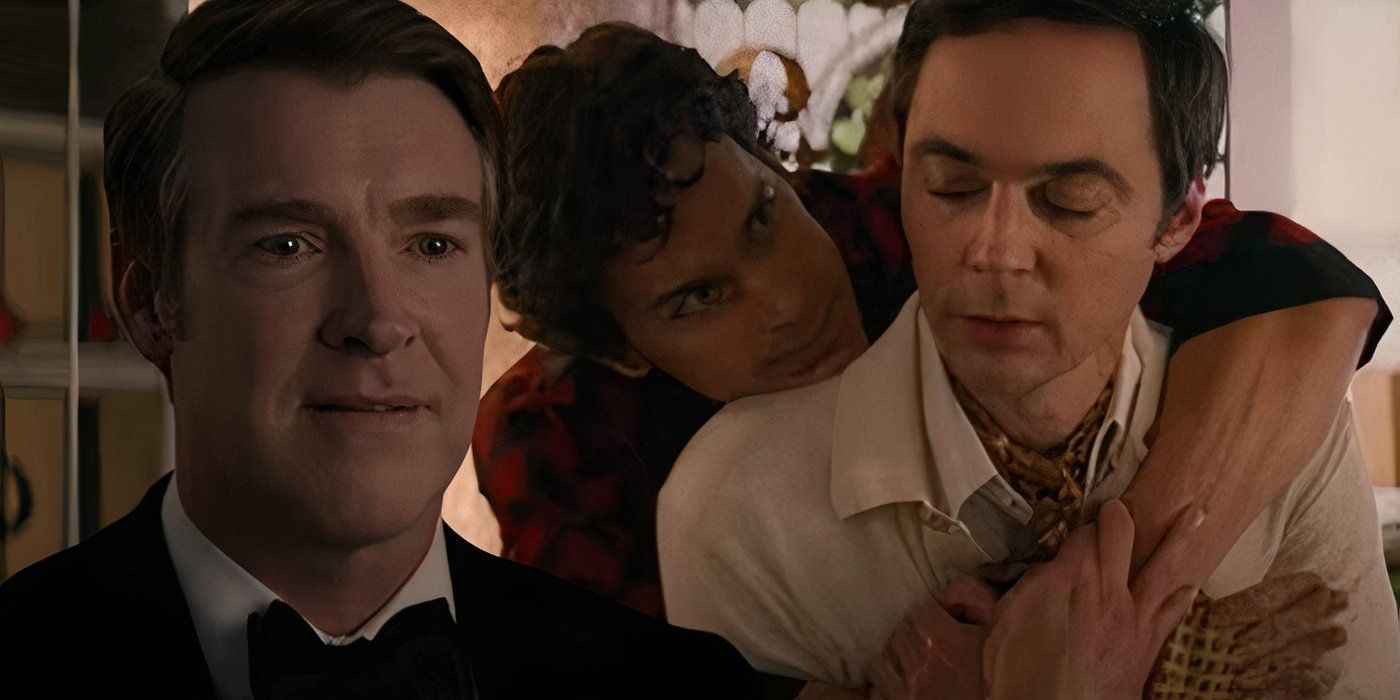
Custom Image by Shawn Lealos
Why Is Everyone In The Boys In The Band So Hateful?
These Friends Know They Are All Traumatized & In Pain
From the kickoff , it ’s unmortgaged there is a sight of hatred inThe Boys in the Band . Even though the central characters are very close and develop a bail where the edge between affectionate ribbing and unlimited meanness does n’t matter , there are still moment where it spill over . When Jim Parsons ' Michael starts to drink , his devil are writ big across his hateful words , including in shocking moments of racialism , and he ’s far from the only one . Only Cowboy manages to negociate the party without at least one insult to a supposed protagonist .
… there is some suggestion of the worked up harm they ’ve been through and the cost of rejection by a creation fill with even more tangible hatred .
It ’s all about dealing with trauma , andit all comes out in the earpiece secret plan and beyondthat point . As Bernard , Emory , and Hank make their calls , there is some suggestion of the emotional traumas they ’ve been through and the cost of rejection by a human race fill with even more tangible hate . As before long as Michael drops his performative innkeeper routine and slips back into his ego - medicate with intoxicant , his hurt and ire at a society that hat his very being turns into acrid mistreatment of his protagonist .
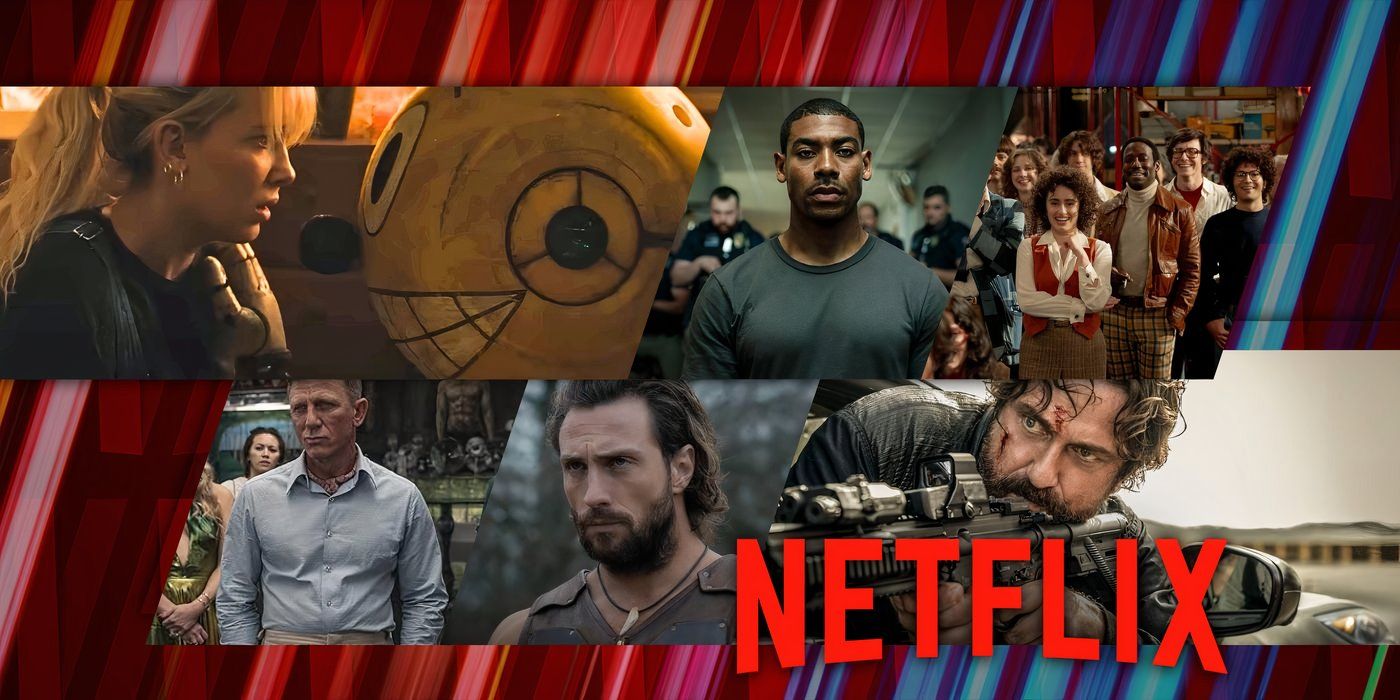
The Boys in the Band is a 1970 drama film directed by William Friedkin. Based on the play by Mart Crowley, the story revolves around a group of gay men who gather for a birthday party in New York City. As the evening unfolds, underlying tensions and personal revelations surface, leading to emotional confrontations. The film features an ensemble cast including Kenneth Nelson, Leonard Frey, and Cliff Gorman.
Harold , who know him more than anyone else , calls him out as the bad case of person , " a ego - hating homosexual who like he was n’t gay , " but the point is he follows it up with " I ’ll call you tomorrow . " The affection exists there - just as it does between them all , even after their most hurtful exchanges - because of their shared experience .
Is DCEU Superman actor Henry Cavill one of the stars of Netflix ’s new adaptation of The Boys in the Band or is it a famous doppelganger ?
The Boys in the Bandwas always a victory of delegacy because gay mass on the leaflet of the 1970s see themselves on stage where their failings were n’t because they were queer . Yes , there may be some challenging substance in there . Still , this profoundly political story is fundamentally about acceptance and community , and the self - hatred and sanctuary of community are staggeringly important .
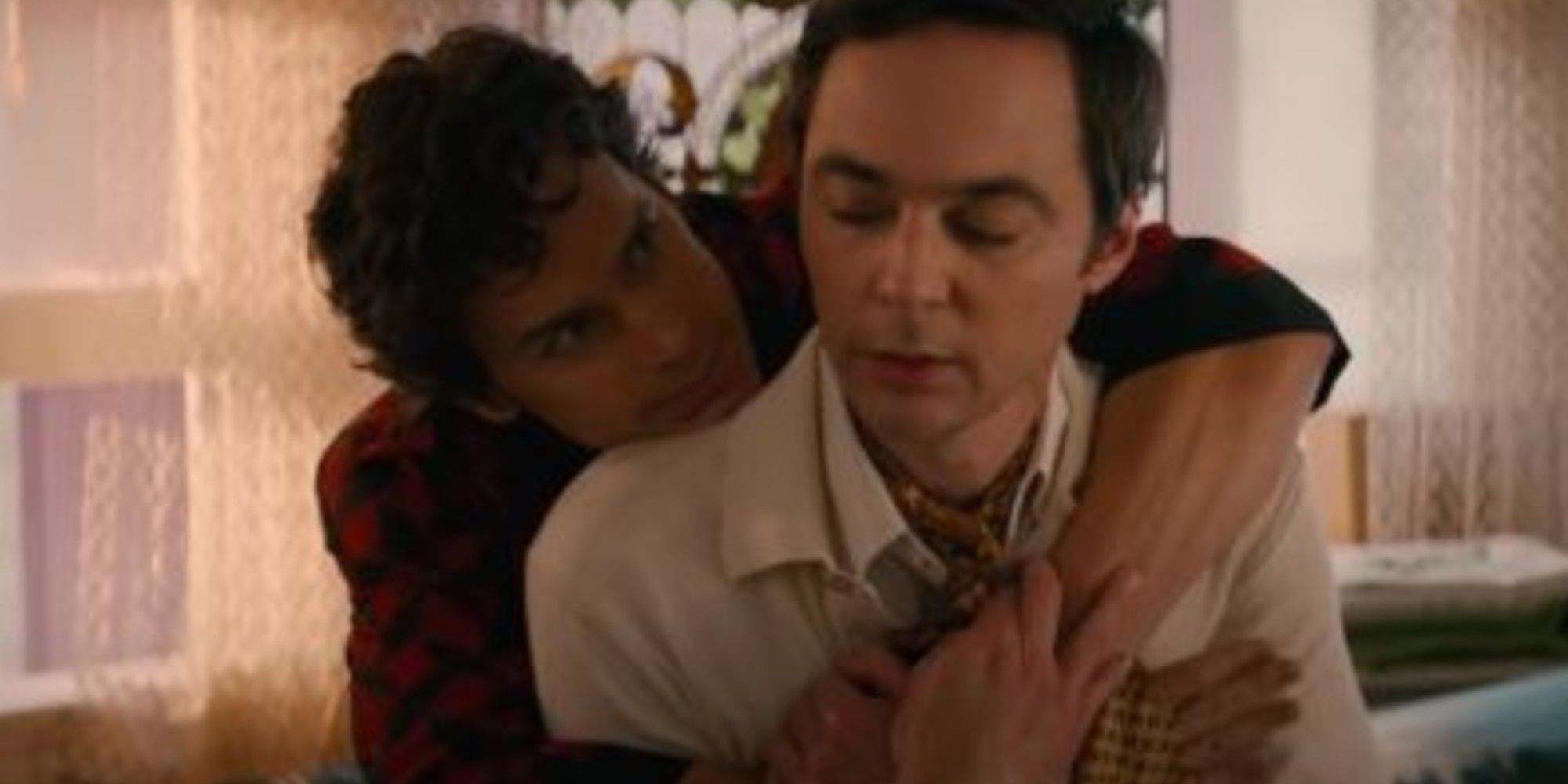
When Emory is take exception about his anti-Semite ribbing of Bernard , the latter explicate that he let it because he knows he ’s been through his own trauma because of who he is , what he looks like , and how he acts . There ’s a beautiful , intersectional input on solidarity in smart set that still rings truthful now , even if the danger of gay and dim men being alone is supposed to be removed .
Is Alan Gay? Why Did He Call Michael? Why Doesn’t He Go Home?
Alan Still Struggles To Understand His Feelings In The End
Alan is the photographic film ’s most fascinating character because he does n’t fit . In a microcosm of gay stereotype - constructed almost the same way an natural action hero corps de ballet would tack unlike grand " eccentric " - he is the lone ego - profess straight man , wearing his society ’s homophobia like a arduous overcoat . But his very existence at the company is the mystery that drives the whole play and the accelerator for everything falling apart , so it begs the question - why did he fare in the first lieu ?
Alan is going through something , as his first conversation with Michael confirm . His dinner party party plans are a artifice , and he has something pressing enough to tell Michael that he is coming to New York , leaving a mark on his family unit . He is challenge on his past times and his sex , and while he seems to bat it away by ring his married woman and telling her he loves her , it ’s not alone clear whether that is because he means it .
The Boys in the Band won the 2021 GLAAD Media Award for Outstanding Film ( Limited Release )
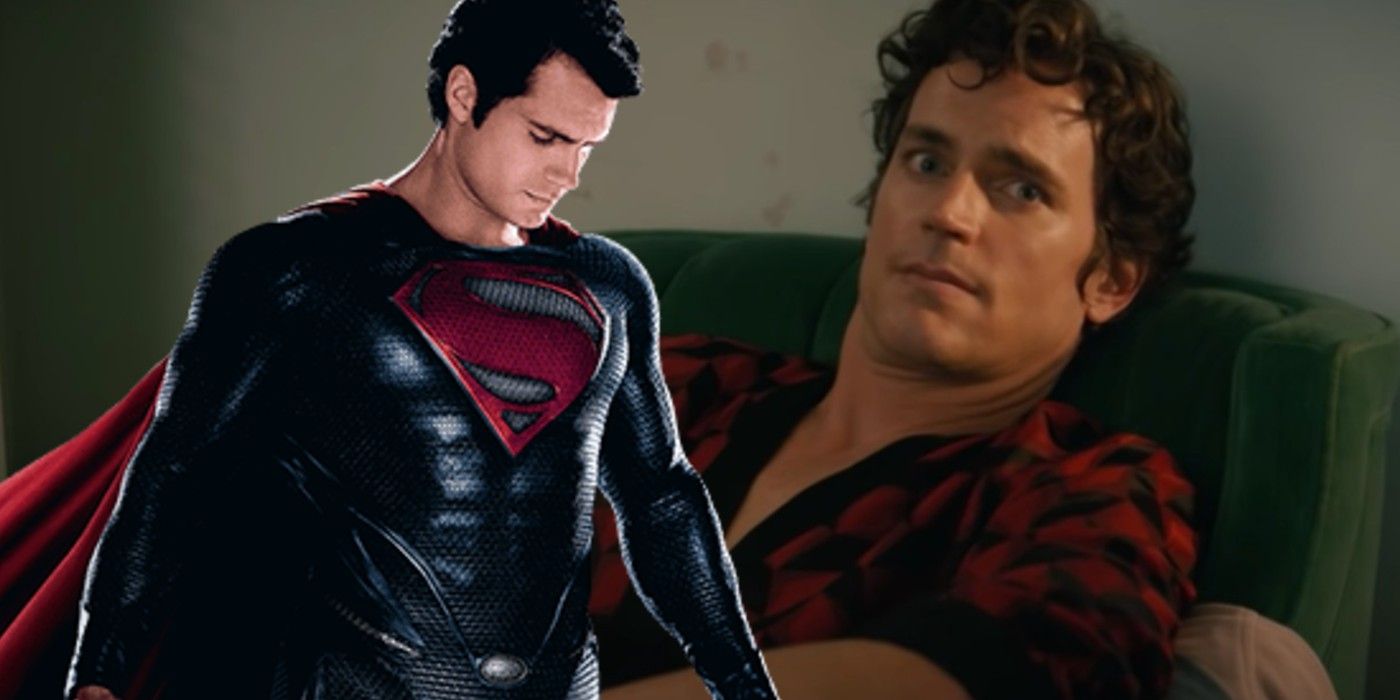
It could be that his experience in an openly gay environment and the troubles inherent to ego - identifying in a liminal place are too much for him , and his almost fearless step of coming out is break down . Alan , it seems , is the " add up out to an unwished society " level be . That is also why he stay at the party when he has attacked Emory and , crucially , why he does n’t go home even after leaving the party when he promises to catch the next flight home .
Instead , he seek solace in a legal profession , alone , reaffirming thatwhatever he came to Michael for is not as sewn up as his thanks to the master of ceremonies on his means out seem to have suggest . Is he gay ? There ’s sure as shooting causal agency for doubt , but there ’s also a lot of evidence to propose he is what Michael believe , and there ’s no stagecoach in the film where Michael ’s honesty - often painful and pointed though it is - is anything but the truth . His accusations of Alan ’s past are to be taken as testimony , not conjecture .
The Boys In The Band’s Use Of Queer “Stereotypes”
The Movie Rightfully Treats The Characters As Real People
The Boys in the Bandmay cause disputation among younger elucidate audiences because of the privilege of remotion . Hot amongst those worry will no doubt be the repeat purpose of qualifying , homophobic , and anti-Semite word and also the way out of using stereotyped character types . That was something Stonewall era militant took issue with , and such a reception would unavoidably come out of that clock time when Stonewall look for only positive delegacy on blind and stage . ButThe Boys in the Bandisn’t interested in using cliches against the jovial characters it presents : it ’s more an issue of reclamation of those stereotypes .
It ’s not homophobia as much as a musing of what a homophobic world does to people subject to that abuse .
The motion-picture show is a rum time capsule . The play fell out of favor because of fears it elevate internalise homophobia and harmful stereotypes . Dropping in " f Holy Scripture " so liberally and get gay characters criticizing other gay characters in the same terms homophobe use would be witting . It ’s not homophobia as much as a reflection of what a homophobic world does to hoi polloi subject to that abuse .
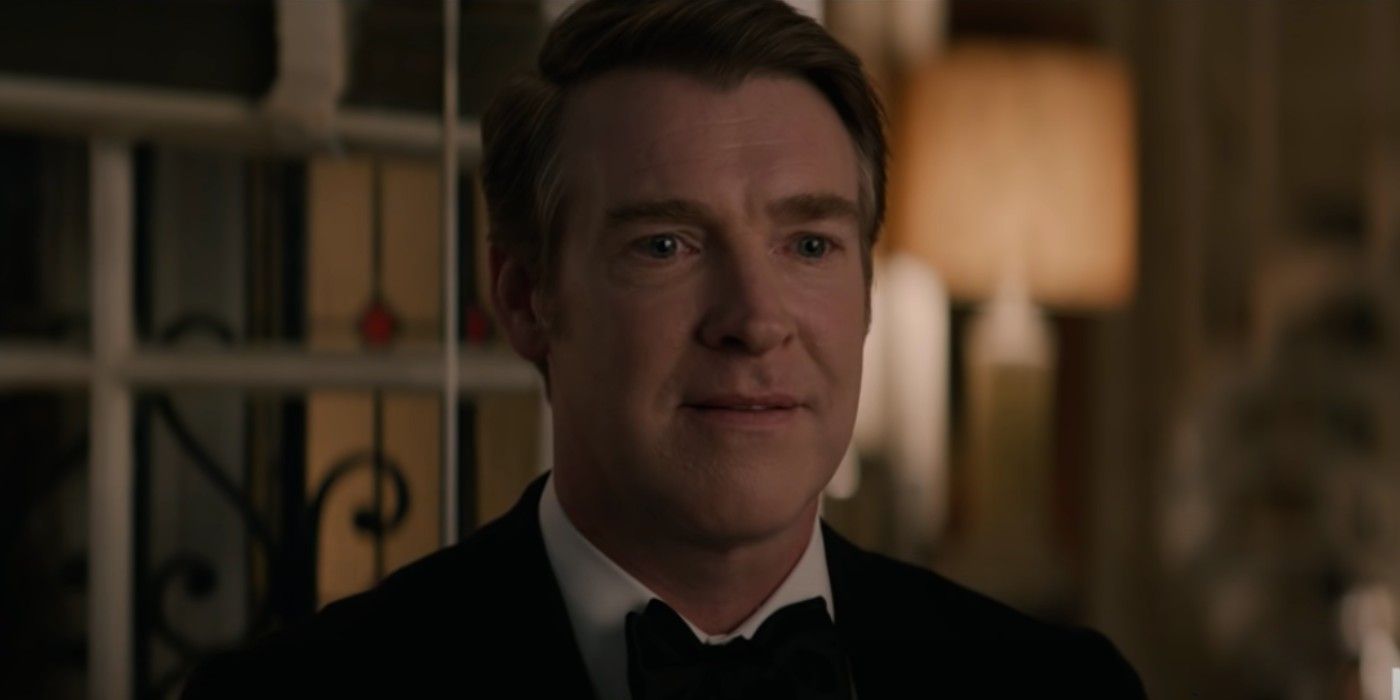
If an audience is uncomfortable with the visual sense of the effeminate Emory or appalled by the sleeping around of Larry and Michael and Harold ’s razor - crisp bitching or the modified intelligence operation but plot gender of Cowboy , it ’s because somewhere , that audience has been severalise that those stereotypes are not satisfactory . The Boys in the Bandisn’t concerned in aver whether these characters should or should n’t play the way they do beyond whether they are good hoi polloi ; they exist as they are , and it is plainly a fact .
Netflix ’s unexampled adjustment of hit level show The Boys In The Band is pack with recognisable player , but where have you see to it the whizz before ?
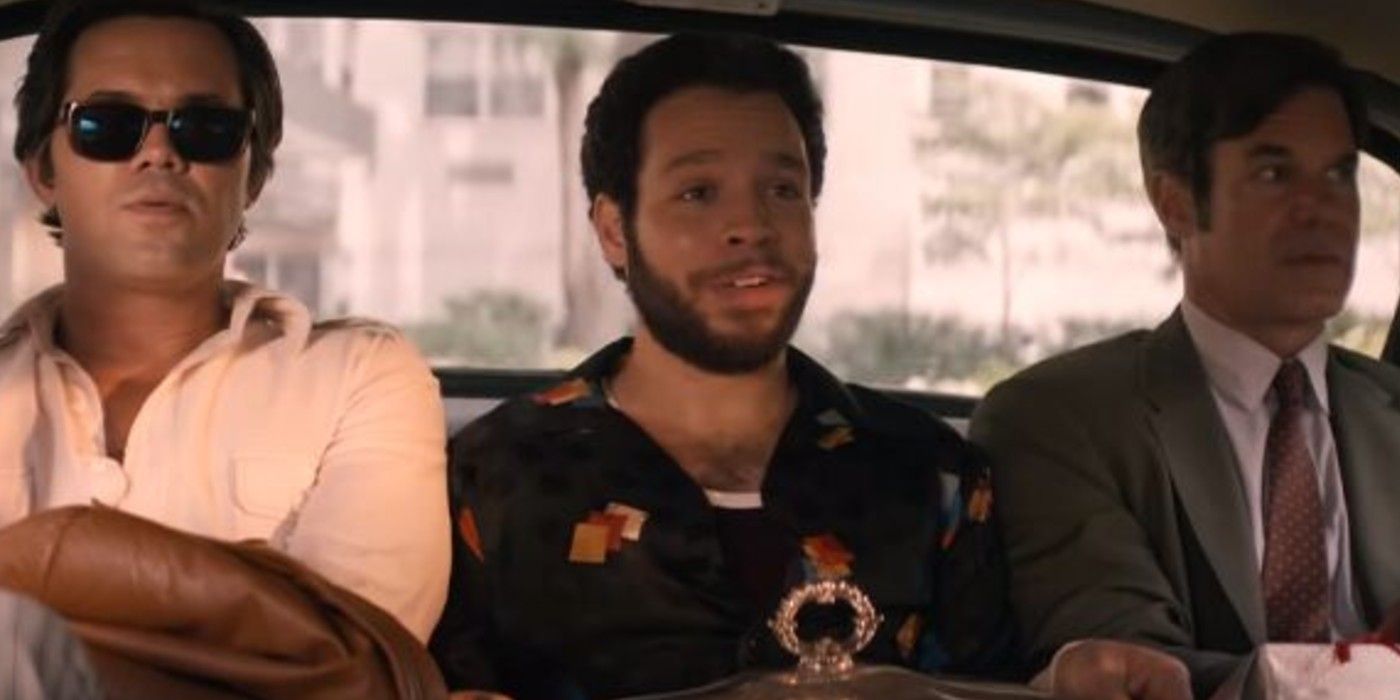
The picture - just as the child’s play - is careful to craft a crisscross - segment of gay identitiesfrom Emory ’s flamboyance through to Hank ’s straight - acting machismo and Alan ’s potentially closeted sexuality . All are valid , and suggesting they are dangerous banality is to believe that all the artistic creation , shows , and film that leaned into those stereotype were veracious to vilify them .
Instead , Mantello ’s adaptation is about reclamation because the identities are incidental , and the story is a promising but bruised dream of a humans where all of those character can be accepted no matter of how they take to press out their sexuality . The party , in burden , is a dry run for when rummy folx will be allow to be themselves , and on reflection , it is tragic to watch the house of cards exist within a panoptic space that would n’t brook it or its participants .
Why The Boys In The Band Is Obsessed With Appearances
They Are Afraid Of What People Will Judge Them To Be
A meaning amount of the story is concerned with the idea of appearances and perceptual experience . Much of the bitchy dig are direct at appearance or intellect as if such an onrush is more cutting to someone constantly having to ensure they await right and behave right for concern of something bad happening to them . Also , at various microscope stage , character either talk about or show themselves performing for a full-strength society , or in Emory and Bernard ’s display case , most poignantly , being punish for refusing to .
That idea of a person ’s appearance or behavior being armor against conquest and the hard contrast to how much the group can be themselves within Michael ’s haven number up a sight , becauseThe boy in the Bandis motor at its core by the idea of find a space for your own identityto be accepted . That ’s inherently what the act of come out is about as well , of class , and it ’s not an accident that Hank ’s backstory of trying to deceive himself into not being mirthful plays such a fully grown part of the phone game .
Alan ’s very presence talk to the same dynamic : Michael anxiously severalize his friend they must not seem to be festive in case of some unspoken danger if Alan were to find out . Even within his own harbour , his condom is bump off because he ca n’t be himself . In a reality where personal identity pridefulness - and gay pride in particular - is such an recognised luxuriousness , seeing it reflect from a time before is a everlasting monitor of the exclusive right of procession . And an even starker reminder that guild is not so far out from slipping back there .
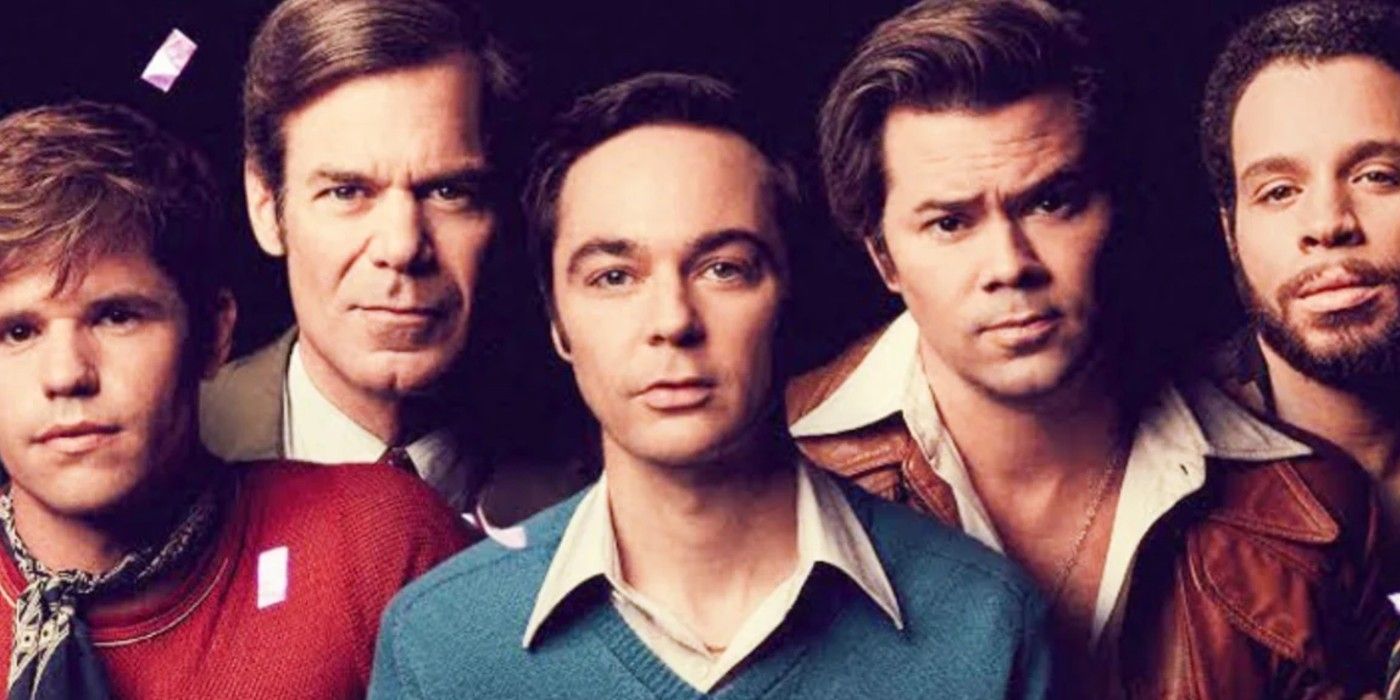
What The Boys in the Band Is Really About
It Focuses On What Being Gay Was Treated Like In The Past
The Boys in the Bandis a account of contradiction in terms because it utter to how far the world has come since the society behind the play made sunny cosmos so dangerous and amplifies the minute of pride through proximity . But at the other end , it is a desolate , anxious monitor of how close it could all be again , and almost all of its issues still have relevance . This may be a time - capsule movie from the period before Stonewall , the AIDS crisis , same - sexual urge wedlock , and all forward motion .
However , the care over homophobia , racism , drug and alcoholic beverage use , and mental health issue ( profoundly embedded in ego - hatred in particular ) are arguably all still at crisis full stop . The rise of ultra - conservatism and bigotry masking as " traditionalism " threatens a return to the world of the 1968 master . In that respectfulness , while there is progress , there is also a word of advice about what could still be . But for the most part , The Boys in the Bandis about pridefulness in identity ( not just sexual indistinguishability , though that ’s authoritative ) .
The Boys in the Band soundtrack features obtuse jams and several jazz touchstone . Here ’s a complete list of every featured song in the Netflix movie .
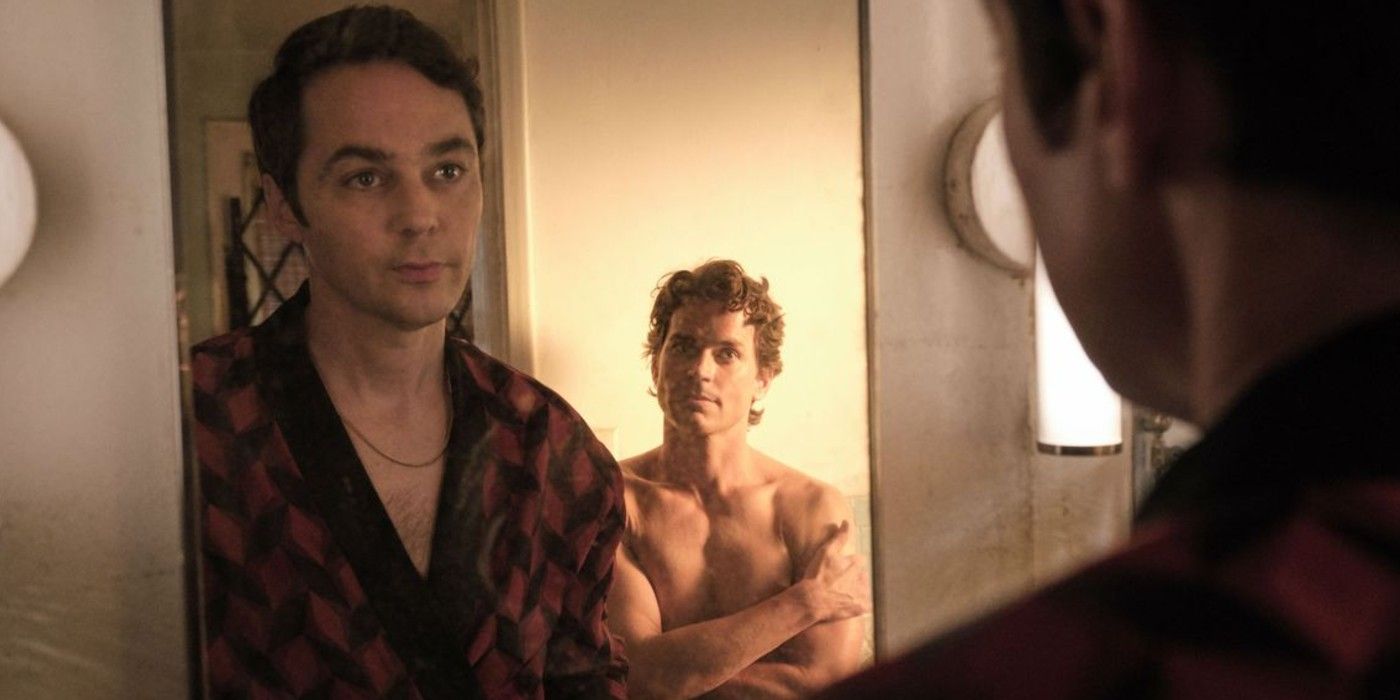
As Ryan Murphy has enjoin , the film speak to the modify human beings in term of how " homosexual behavior " was treated mere decade ago . Back in the ' 60s , homophile mass had their own spaces - they oft talk about the bathing tub , for example - but being out in world was not satisfactory . There are frequent , subtle reminders of that even though the story mostly take place in a single way : the woman on the tube sneering at Bernard , the hotel lobby attendant scowling at Emory , Michael ’s neighbour pausing to look with disgust at the party through the receptive door .
Even Hank ’s reinforcement of satisfactory norm when Emory is " too inner circle " or Alan ’s recognition of Hank as a model of masculinity are reminders . The Boys in the Bandis about the cost of rejecting citizenry , the danger of what that sort of enforce captivity and performative " meet in " can be , and the value of progress away from that . It might be a time capsule ruminate a specific meter - which , by the way , ought to forgive its discomforting behavioral anachronisms - but its truths and its pride in allowing different " types " of masses to exist should be cosmopolitan .
Cast
The Boys in the Band is a 1970 drama motion-picture show directed by William Friedkin . Based on the play by Mart Crowley , the report go around around a group of gay men who tuck for a birthday company in New York City . As the evening unfolds , underlie tensions and personal divine revelation airfoil , leading to emotional confrontations . The film features an ensemble mould including Kenneth Nelson , Leonard Frey , and Cliff Gorman .
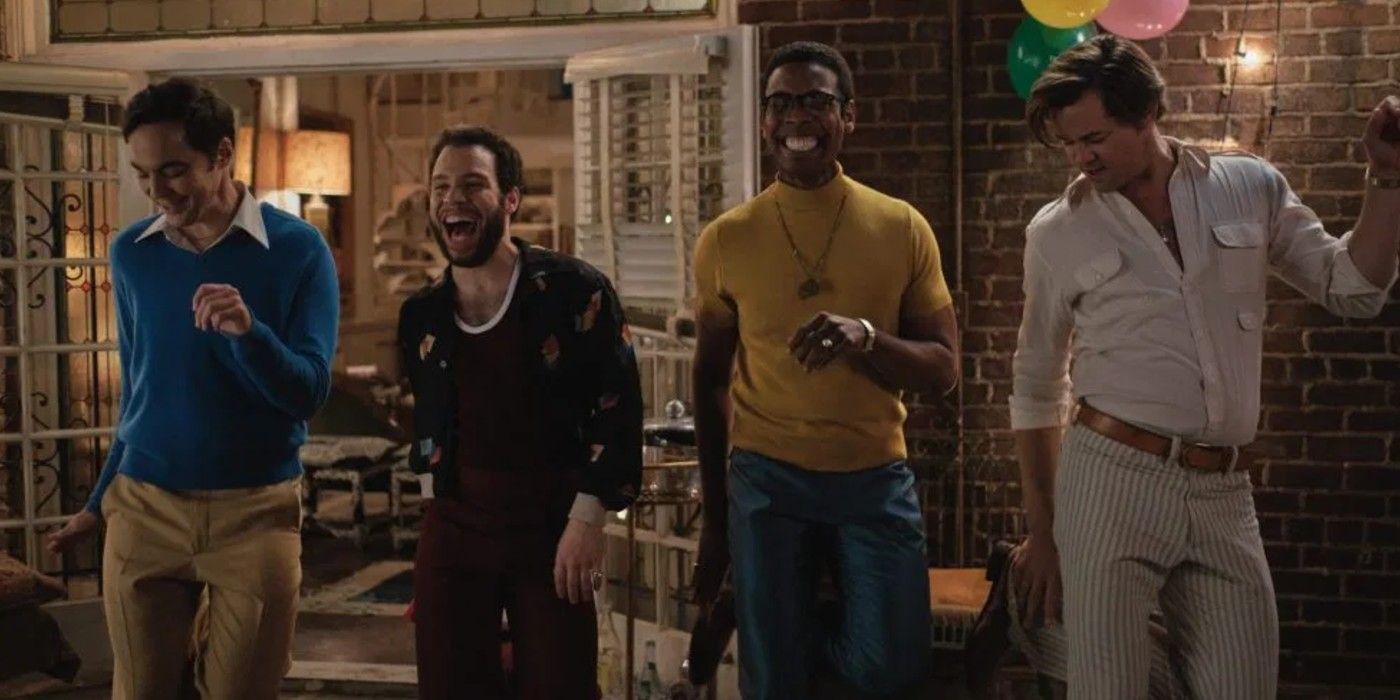
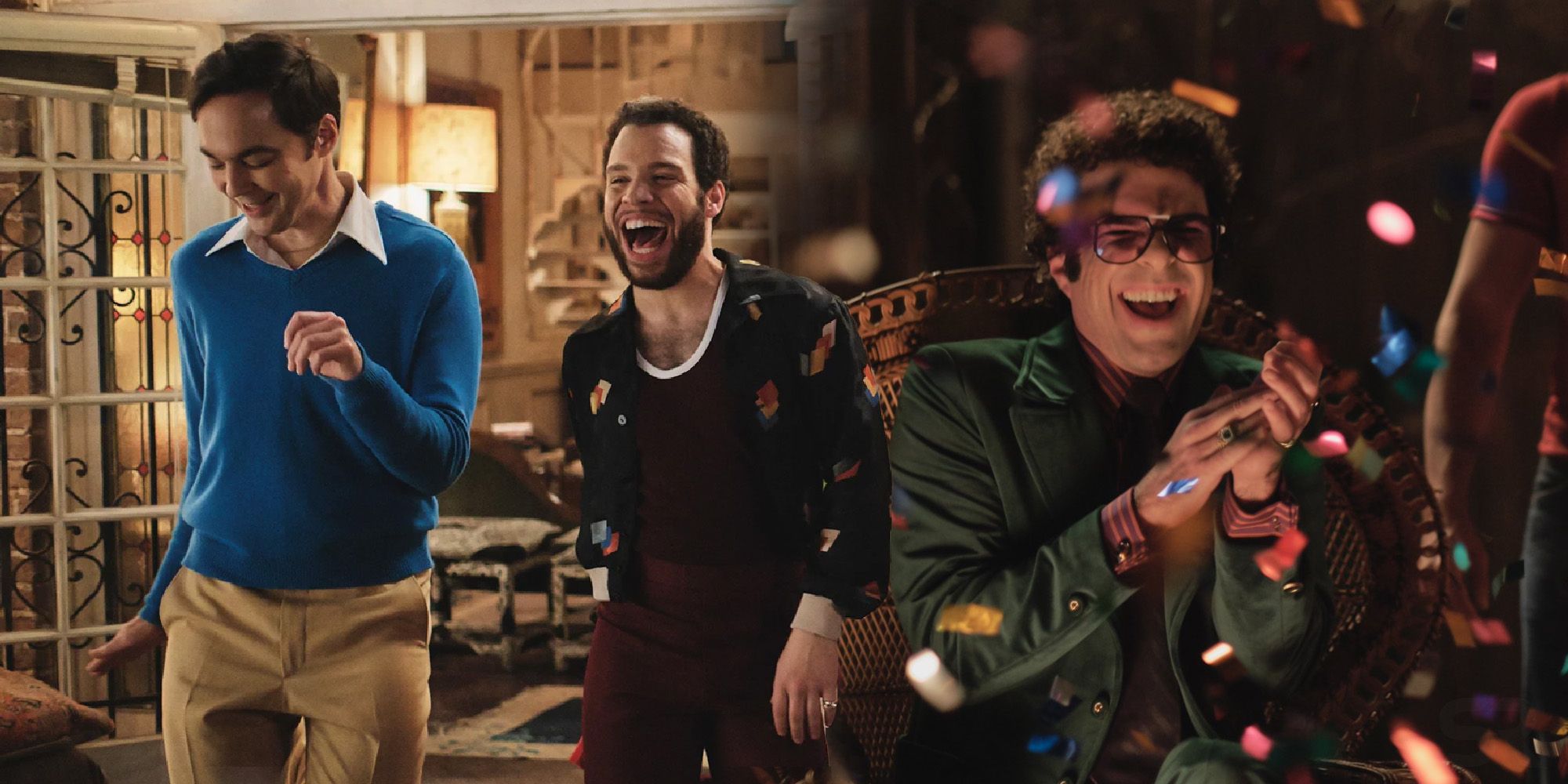

The Boys in the Band is a 1970 drama film directed by William Friedkin. Based on the play by Mart Crowley, the story revolves around a group of gay men who gather for a birthday party in New York City. As the evening unfolds, underlying tensions and personal revelations surface, leading to emotional confrontations. The film features an ensemble cast including Kenneth Nelson, Leonard Frey, and Cliff Gorman.

